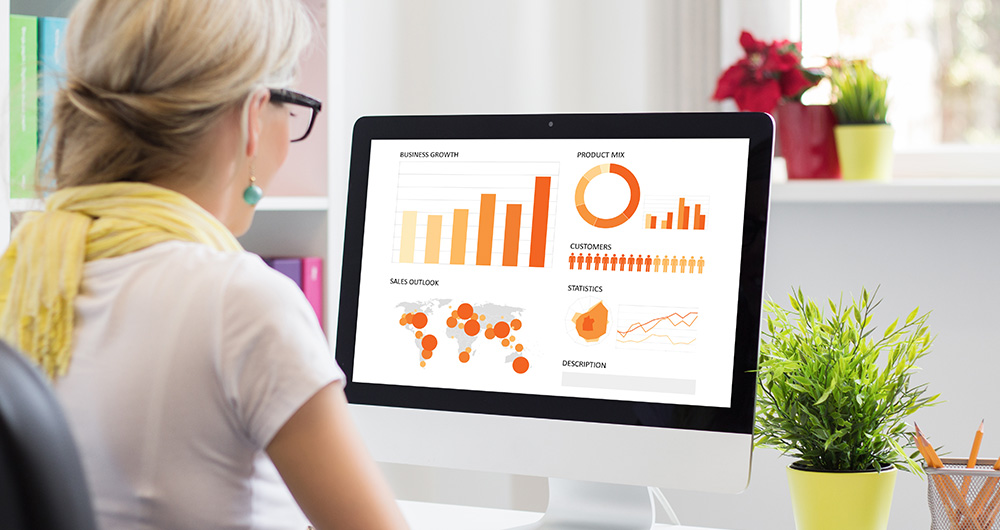8 posts found
Data Mesh and Data Fabric: New Perspectives in Enterprise Data Architectures
Over the last decade, the amount of data that organisations generate and need to manage has grown exponentially. With the rise of the cloud, Internet of Things (IoT), edge computing and artificial intelligence (AI), enterprises face the challenge of integrating and governing data from multiple sourc…
PET technologies: how to use protected data in a privacy-sensitive way
As organisations seek to harness the potential of data to make decisions, innovate and improve their services, a fundamental challenge arises: how can data collection and use be balanced with respect for privacy? PET technologies attempt to address this challenge. In this post, we will explore what…
MAMD Methodology: The Alarcos Model of Data Improvement
There is such a close relationship between data management, data quality management and data governance that the terms are often used interchangeably or confused. However, there are important nuances.
The overall objective of data management is to ensure that data meets the business requirements tha…
The protection of personal data in the draft Data Governance Regulation (Data Governance Act)
Since the initial publication of the draft European Regulation on Data Governance, several steps have been taken during the procedure established for its approval, among which some reports of singular relevance stand out. With regard to the impact of the proposal on the right to the protection of pe…
The value of real-time data through a practical example
Life happens in real time and much of our life, today, takes place in the digital world. Data, our data, is the representation of how we live hybrid experiences between the physical and the virtual. If we want to know what is happening around us, we must analyze the data in real time. In this post,…
The potential use of the DAMA methodology in open data management
In the current environment, organisations are trying to improve the exploitation of their data through the use of new technologies, providing the business with additional value and turning data into their main strategic asset.
However, we can only extract the real value of data if it is reliable and…
Low coding tools for data analysis
The democratisation of technology in all areas is an unstoppable trend. With the spread of smartphones and Internet access, an increasing number of people can access high-tech products and services without having to resort to advanced knowledge or specialists. The world of data is no stranger to thi…
Personal open data but under control
Open data has great potential to improve transparency and accountability or to enhance public services and the creation of new services, but at the same time they also show a less friendly face by increasing our vulnerability and exposing information increasingly more detailed that is not always use…







